- full price € 15 at the box office - € 14 online
- reduced price € 12 at the box office - € 11 online
for young people aged between 18 and 25 (not yet turned 25); for groups of 15 people or more; registered journalists with a valid ID card; La Galleria Nazionale, Museo Ebraico di Roma ticket holders; upon presentation of ID card or badge: Accademia Costume & Moda, Accademia Fotografica, Biblioteche di Roma, Centro Sperimentale di Cinematografia, Enel (for badge holder and accompanying person), FAI – Fondo Ambiente Italiano, Feltrinelli, Gruppo FS, IN/ARCH – Istituto Nazionale di Architettura, Sapienza Università di Roma, LAZIOcrea, Palazzo delle Esposizioni, Amici di Palazzo Strozzi, Accademia Nazionale di Santa Cecilia, Scuola Internazionale di Comics, Teatro Olimpico, Teatro dell’Opera di Roma, Teatro di Roma, Università degli Studi di Roma Tor Vergata, Youthcard; upon presenting at the ticket office a Frecciarossa or a Frecciargento ticket to Rome purchased between 27 November 2024 and 20 April 2025
- open € 18
valid for one year from the date of purchase
- free
minors under 18 years of age; disabled people requiring companion; EU Disability Card holders and accompanying person; MiC employees; European Union tour guides and tour guides, licensed (ref. Circular n.20/2016 DG-Museums); 1 teacher for every 10 students; AMACI members; CIMAM – International Committee for Museums and Collections of Modern Art members; ICOM members; journalists (who can prove their business activity); myMAXXI membership cardholders; European Union students and university researchers in art history and architecture, public fine arts academies (AFAM registered) students and Temple University Rome Campus students from Tuesday to Friday (excluding holidays); IED – Istituto Europeo di Design professors, NABA – Nuova Accademia di Belle Arti professors, RUFA – Rome University of Fine Arts professors; upon presentation of ID card or badge: Collezione Peggy Guggenheim a Venezia, Castello di Rivoli Museo d’Arte Contemporanea, Sotheby’s Preferred, MEP – Maison Européenne de la Photographie; on your birthday presenting an identity document
Collection
MAXXI’s Collection of Art and Architecture represents the founding element of the museum and defines its identity. Since October 2015, it has been on display with different arrangements of works.
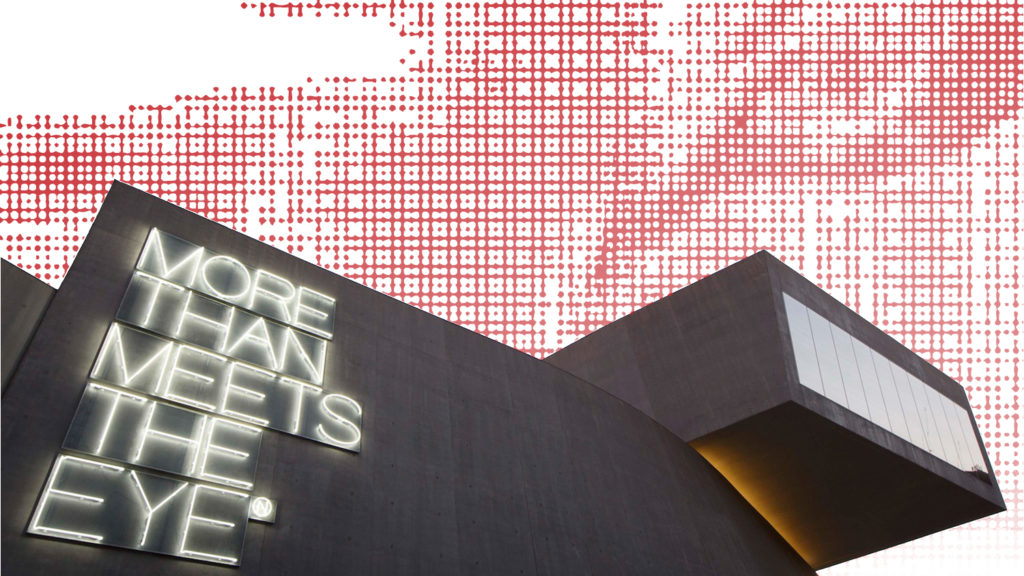
other upcoming events
6 Dec 2024 02.45 pm
talk + guided tourMAXXI EnergyThe sustainability worksite
8 Dec 2024 12.00 pm
guided toursMemorabileIpermoda
8 Dec 2024 04.30 pm
MAXXI for familiesio, Abito
10 Dec 2024 08.30 pm
concertA tribute to Arnold Schoenberg



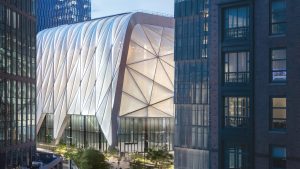


















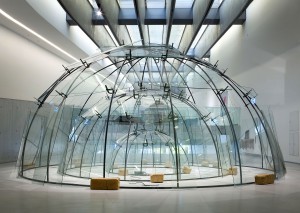
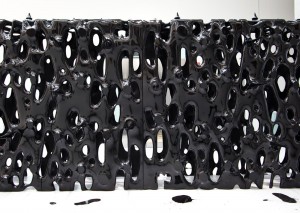
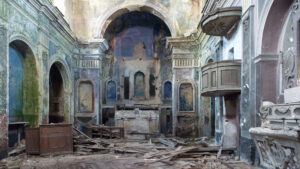

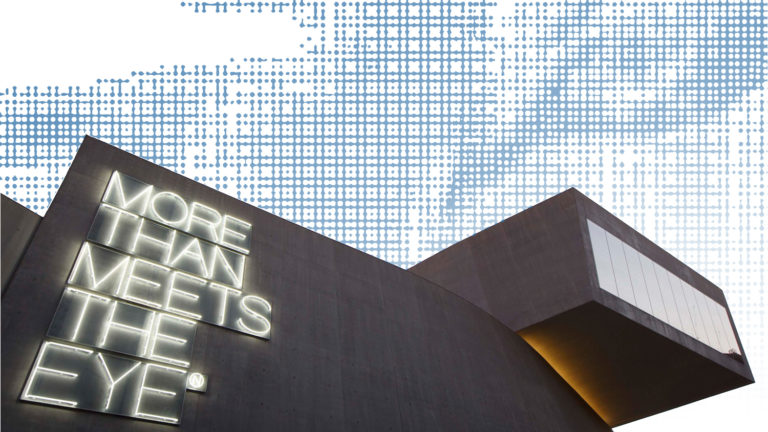




Graziella Lonardi Buontempo Hall – admittance free subject to availability of places
Promoted in collaboration with Associazione per l’economia della cultura and Federculture
Last June, the Fondazione MAXXI and CLES (Centre for Research and Study of Issues of Labour, Economic and Development), founded and long directed by Paolo Leon, organized the conference The economy of culture according to Paolo Leon, to commemorate the great economist who passed away a year earlier with a debate about one of the issues closest to his heart. The “economy of beauty” is now – in the opinion of all the leading analysts, as shown by an increasing consensus – one of the principal levers to which hopes of solid recovery for the Italian national system after years of crisis: now more than ever we have an opportunity and civic duty to transform into increasingly incisive concrete choices the key ideas anticipated many years ago by Paolo Leon and others.
Two seminars examining the analysis of and research into concrete issues and to construct an opportunity for debate with academics, experts and professionals from the sector.
The legislation regarding museum autonomy, strongly supported by the minister Franceschini, has passed through a significant period Italian cultural life. Of the many and important legislative modifications introduced in Italy in recent years, that regarding independence seems to have a profound impact on the habits and practices that for decades have characterised the management of the state museums and archaeological areas. The means of communication shed light on the successes of the impact produced by the work of the new museum managers, largely chosen from outside the MiBACT administrative ranks. It is however necessary to better understand what has happened and what are the critical issues and the opportunities produced by the new organizational model. In the second event in the series we shall be doing so through the voices of a number of protagonists.
Speakers
Lorenzo Casini, MiBACT legal advisor
Mauro Felicori, Director, Reggia di Caserta
Flaminia Gennari Santori, Director, Gallerie Nazionali d’Arte Antica of Palazzo Barberini and Palazzo Corsini
Moderators
Pietro Barrera, General Secretary, Fondazione MAXXI
Antonio Lirosi, Studio Legale Gianni, Origoni, Grippo, Cappelli & Partners